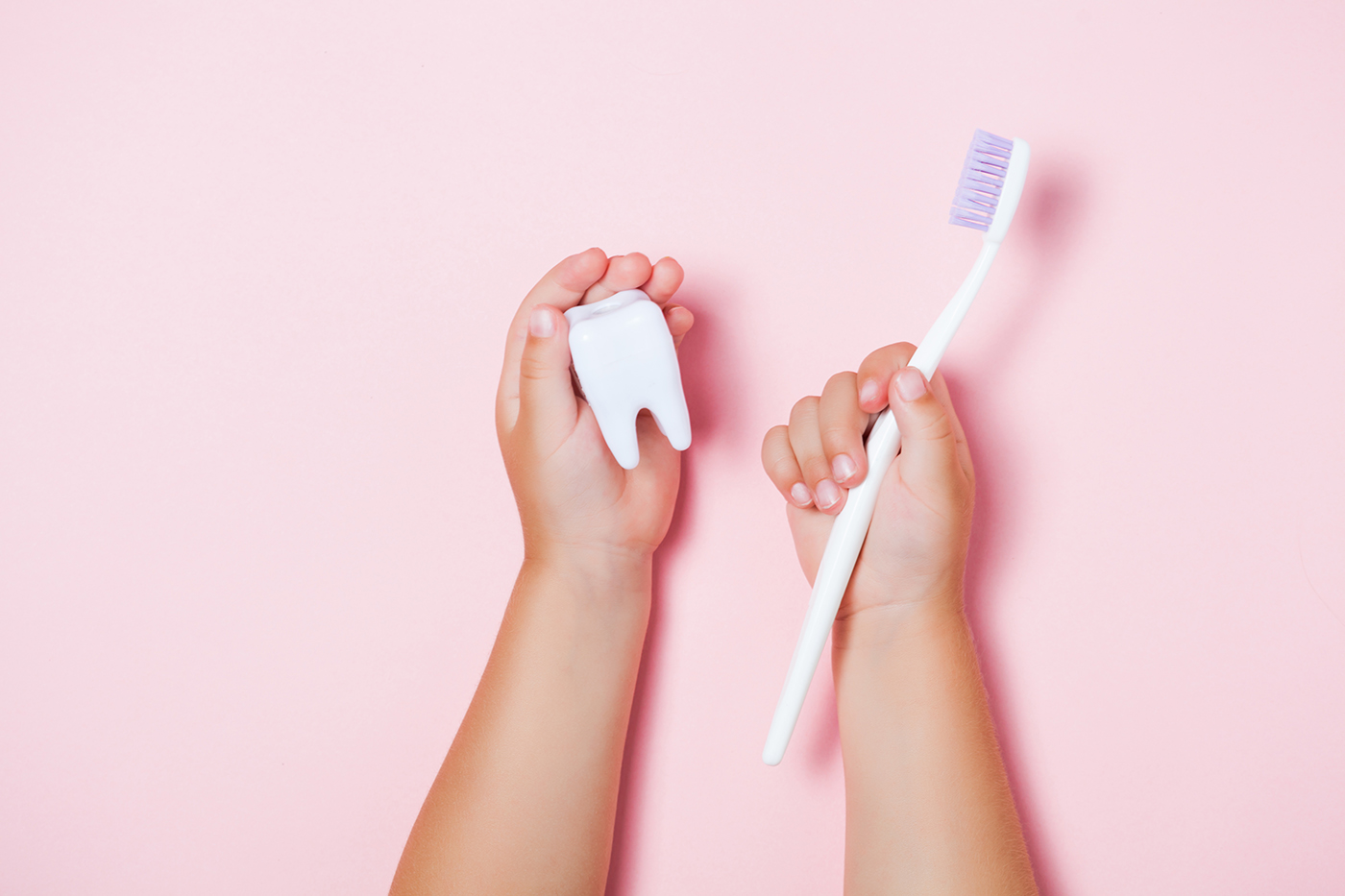If you believe your teeth are important as an adult, consider how vital your baby’s teeth are. It can assist them in a variety of ways. Learn more about why it’s so important to look after your child’s baby teeth in this article.
The Importance of Baby Teeth
A baby usually begins teething between 6 to 12 months old. By the age of 3, they have their full set of baby teeth in place. Baby teeth are the frontrunners for your child’s permanent teeth and need to be protected for the following reasons:
- Baby teeth are place holders for permanent teeth
Permanent teeth eruption is the process in which your infant’s baby teeth fall out and are replaced by permanent teeth. Normally, this phase lasts 7 years. Your child will have developed all of his baby teeth by the age of 3, which will serve as placeholders for the permanent teeth that will replace them over the next few years. When it comes in, they’ll automatically fill in the gaps left by the baby teeth.
If your child’s baby teeth fall out faster than expected due to decay, diseases, or other factors, their permanent teeth may become crowded. It can also cause a delay in the development of permanent teeth. If this occurs, take your child to the dentist right away. Your dentist will place a space maintainer in that location to ensure that the space is reserved for a permanent tooth in the future. A space maintainer is a metal device that prevents other teeth from growing or tipping into the vacant space.
- Baby teeth helps your child chew properly
Your child’s baby teeth are so much more than just a placeholder. Without their baby teeth, they’ll find it difficult to chew food. To maintain a healthy body, your child will need a healthy set of baby teeth. Your child’s baby teeth can help break down food into smaller pieces so that it can be digested further in the stomach. Each part of the teeth has its own function. The incisors are mainly involved in taking bites of the food, the canines used for ripping and tearing the food apart, and the premolars and molars are the teeth for chewing and grinding. Without these baby teeth, your baby will have difficulty eating the right food that he needs to grow healthy.
- Baby teeth help in speech development
Have you ever noticed how some people who have dentures or who are missing teeth feel it’s difficult to pronounce certain words correctly? This is because the mouth, lips, teeth, and tongue must all work together to make the correct sound. While you may not believe it, it also applies to babies. Because the teeth are involved in the regulating of airflow. When your baby’s tongue makes varied contact with his or her teeth, they learn to talk clearly and make more sounds.
- Baby teeth helps jaw bones and facial muscles develop normally
The muscles in the jaw and face, like any other muscle in the body, need to be exercised in order to develop properly. Chewing and sucking exercises can aid in the proper development of these muscles. Baby teeth also aid in the development of the alveolar bone, which is dependent on the presence of teeth. If a baby’s teeth are missing due to an injury, genetics, or disease, some children develop narrow airways, which can lead to disorders like obstructive sleep apnea.
- A good set of baby teeth can help healthy permanent teeth to grow which can help boost their self-esteem in the future
If a child’s baby teeth did not develop properly in his early years, he is more likely to have problems with the permanent teeth’ growth. A fantastic smile can increase self-esteem and boost confidence, which is beneficial for both youngsters and adults. A smile not only inspires confidence, but it also improves both mental and physical conditions. Smiling, for example, can boost your immune system, which improves the body’s resistance to illnesses. Smiling can also help produce dopamine and serotonin, both of which can reduce stress.
- How to Care for Your Child’s Baby Teeth
Because your child’s baby teeth are so important, it’s crucial to know how to care for them so they may grow and develop properly.
- Make brushing your baby’s teeth a habit
Brushing and cleaning your infant’s teeth regularly as soon as the baby teeth appear is important. This prevents the development of cavities. Consult your dentist for recommendations on the best toothbrush and toothpaste to use, as well as how to properly clean your child’s baby teeth.
- Only put milk, water, or some other milk formula on your child’s bottle and have them finish it before bed
If you put juice in the bottle, for example, your child is likely to be unable to stop sucking on it due to its sweetness. So keep the bottle for the basic essentials, like milk. Also, make sure your child has finished the contents of the bottle before he goes to sleep. The longer they suck on the bottle, the more likely they are to contract bacteria that will destroy their teeth.
- Visit your dentist regularly
It’s critical to see your dentist on a regular basis so that they can monitor your child’s baby tooth development. Your dentist will also be able to tell you how your baby’s teeth are progressing. by giving you the number of teeth that your baby is supposed to develop and how many they currently have..
Taking care of your child’s teeth is critical for their development. That is why it is critical to constantly follow the advice of your dentist and to have your baby checked by your dentist on a regular basis. Find a dentist you can put your trust in and feel safe. If you’re still looking for a dentist in Guelph, turn to Dr. Urszula Barrios.
